According to the data of 2010 only 550
thousand Mari remained in the world. They are simple and humble people,
they do what the authorities want them to do.
They have their own republic – Mari El.
However a big Mari group (about twenty four thousand people) lives far
from their capital Yoshkar-Ola, they live in the south of the Sverdlovsk
region and are called “Ural Mari”. Their ancestors migrated to the
Urals back in the XVI century trying to avoid forced Christianization.
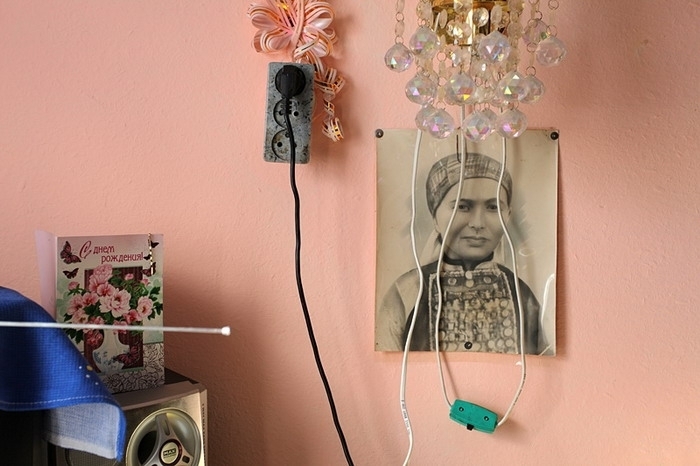
Few peoples of the world managed to
preserve their unique culture and religion. Despite the persecution of
the tsar and Soviet governments, enormous power of orthodoxy, Islam,
atheism, the Mari kept praying in their sacred groves.
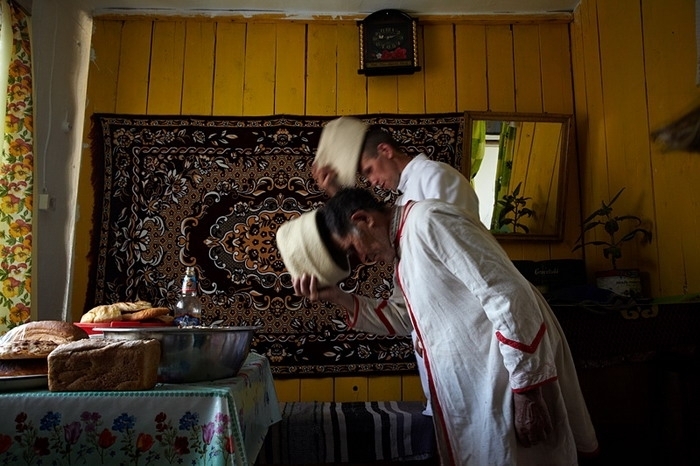
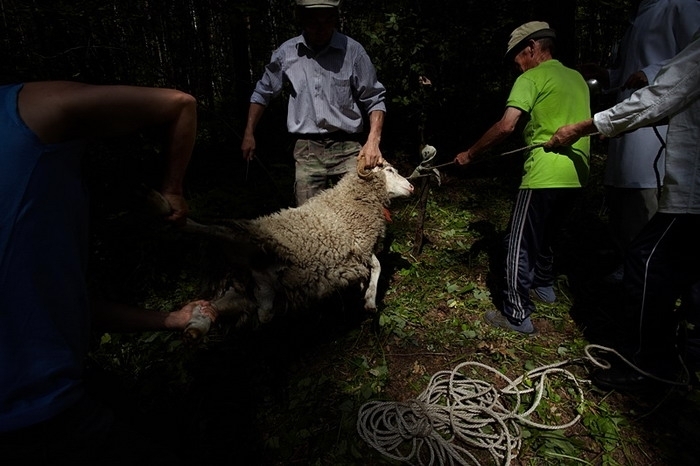
A sheep is a sacrafice during praying.
It should be healthy and have no defects. They separate the main organs
of the animal and string them on a rope to be cooked with other food.
This ritual is a prayer for health for people.
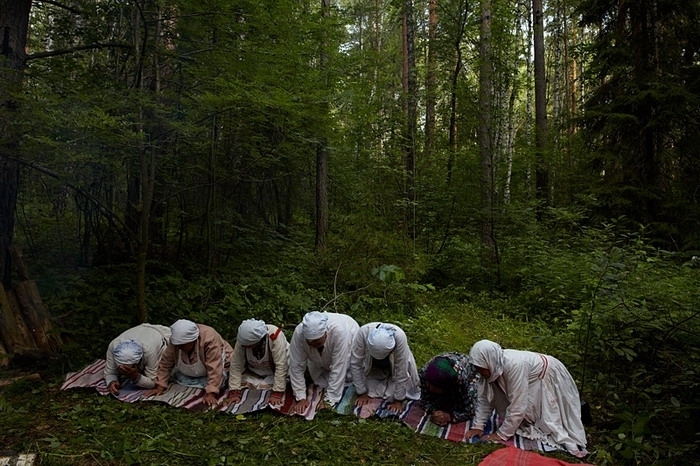
The sacrafiers are asking Gods for happy
life, health, welfare of the Mari people, rich harvest, to protect
people from drugs and alcohol, to make the authorities take right
decisions.
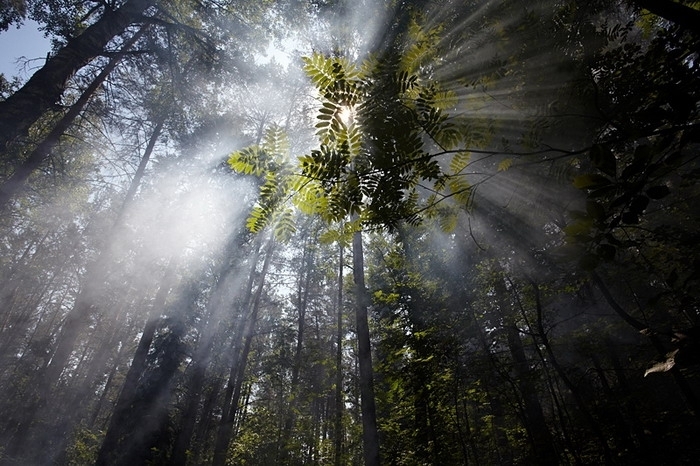
The Mari religon is based on the power of the nature.
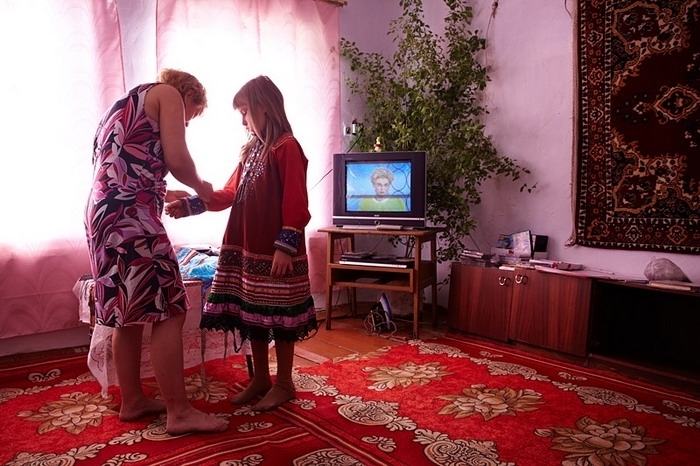
Costumes are a pride of Mari women. They
are manually made and worn on holidays. The breast part is considered
to be the most chic, it is decorated with pre-revolutionary coins. Some
dresses are more than 100 years, they are passed on from generation to
generation.
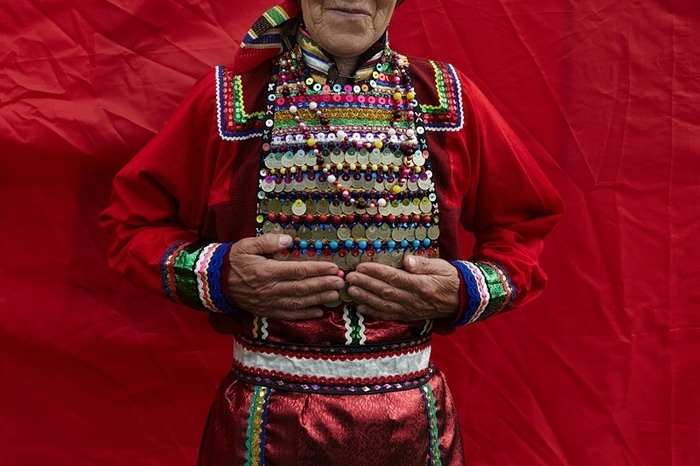
In fact only very old grannies can
properly make traditional Mari costumes today. Intricate embroidery,
homespun cloths, silver coins are replaced today with beads,
rhinestones, fabric with finished patterns and aluminium circles.
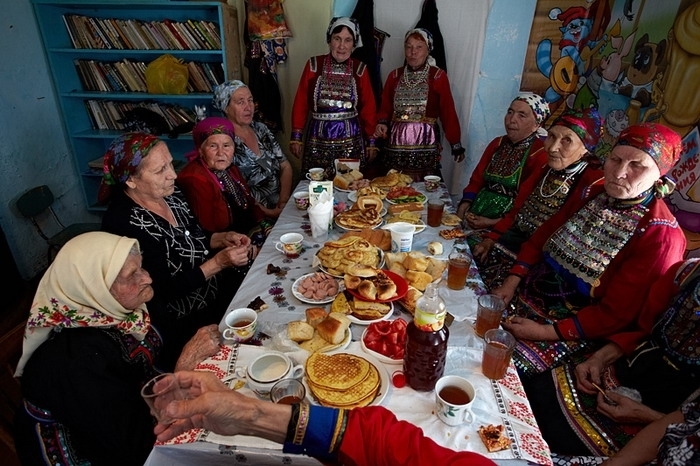
The women are having a holiday after the
performance of the local band. On the table are home brew, tea and
pastry. They talk and sing songs.
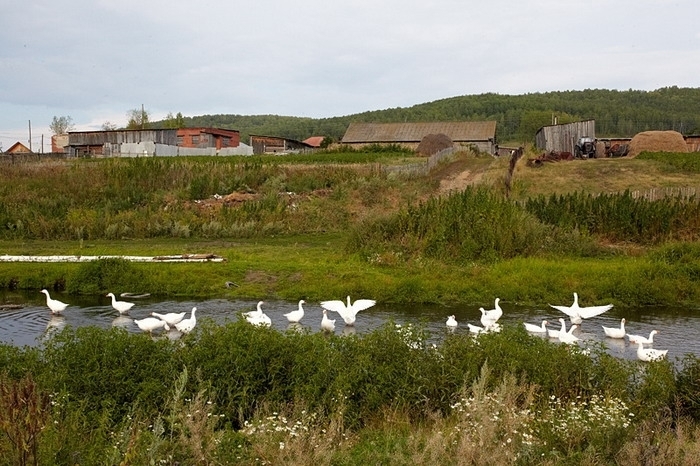
Back in the times of Rus Mari witches
were considered to be the most powerful. Today they still widely
practice witchcraft. Sometimes they even apply it to settle quarrels
between neighbours.
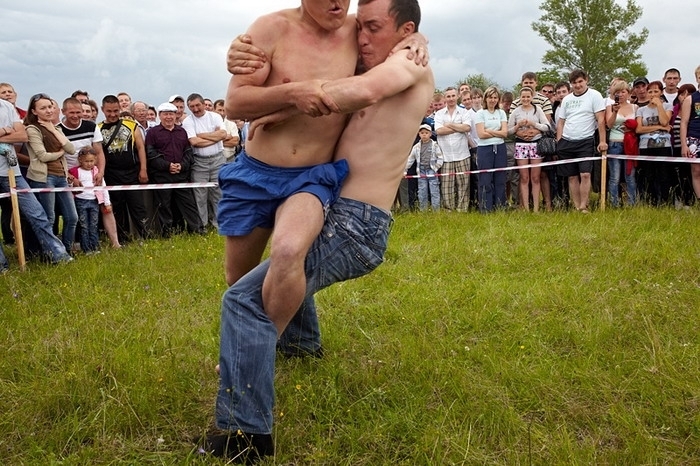
The holiday is held after planting works.
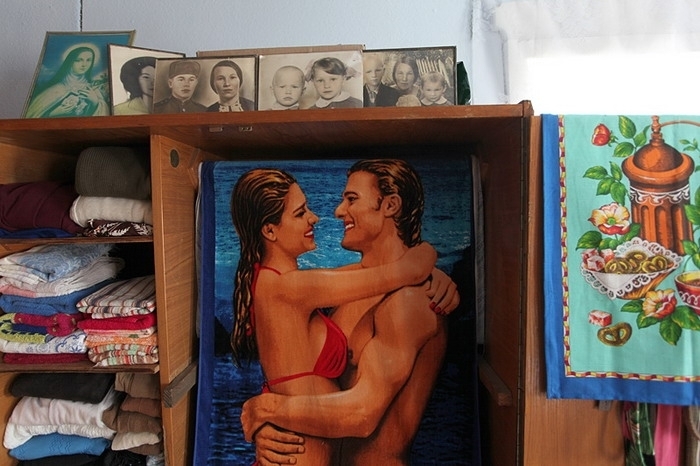
Mari families are big. Sometimes they are as big as 200 people. Family connections are strong.
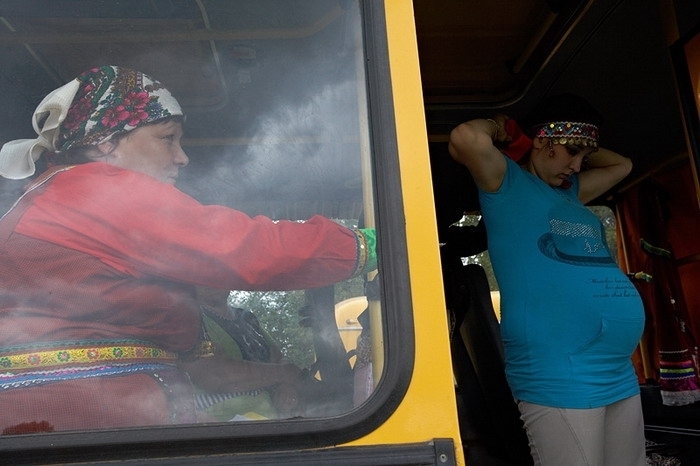
The Mari ensemble is getting ready for the performance.
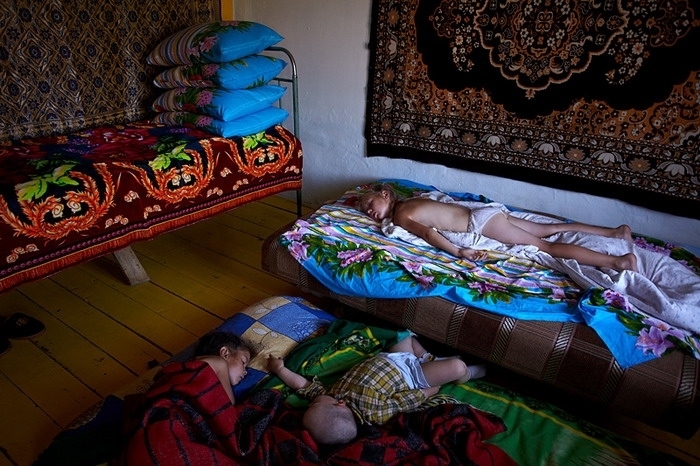
When children graduate from school they
seldom come back to their native land. This process is the biggest
threat for such cultures – city life is based on absolutely different
values.
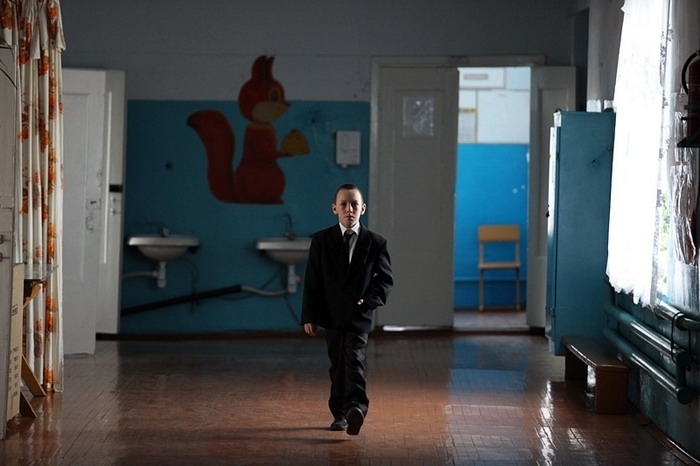
It’s the school in Verkhny Potam
village. This boy was the last first grader, the school was about to
close (the photo was taken in 2010).
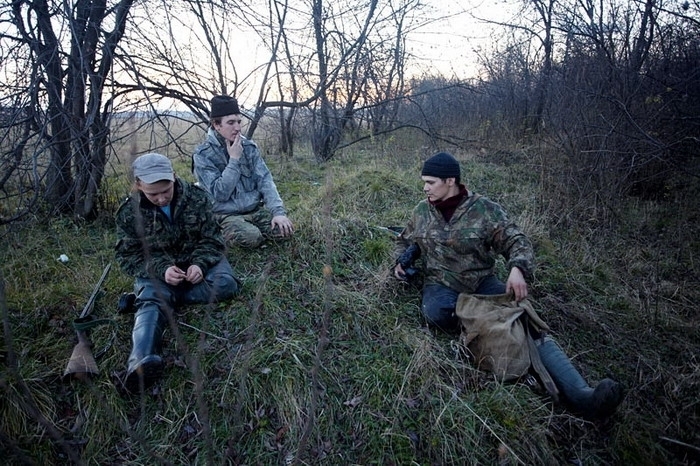
Mari hunters have rest.
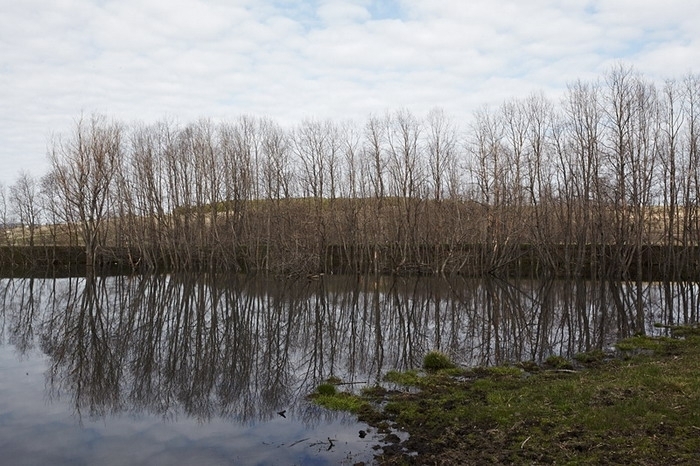
Each spring they start fighting for a good harvest, because ground is the main source of life for the Mari.
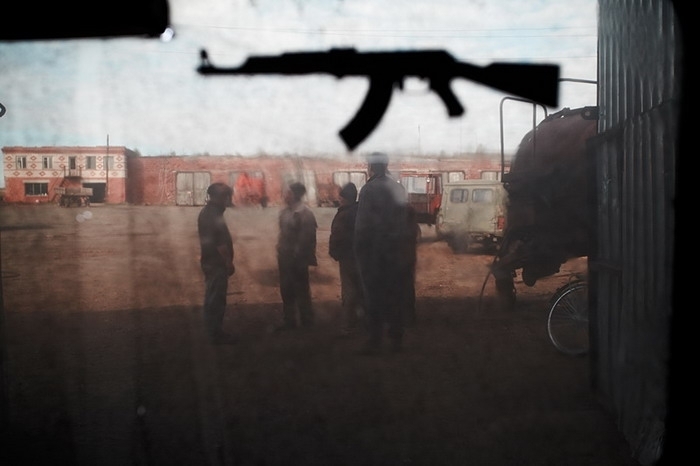
In the period of planting mechanics have a lot of work to do in garages. Many machines need to be repaired.
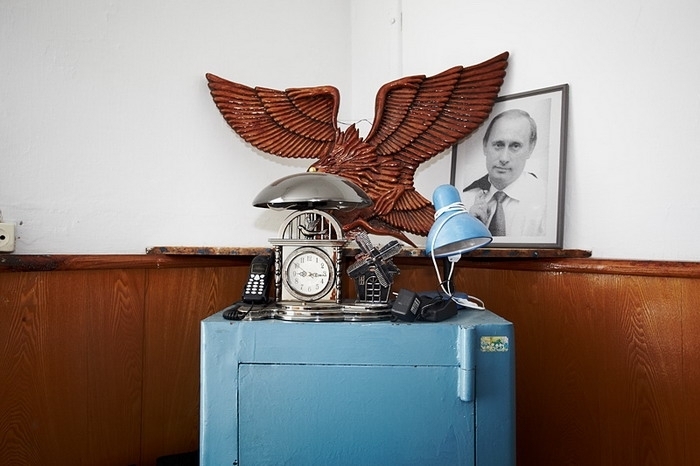
It’s the office of the director of the local farm “Success”. He’s probably the only wealthy Mari person in the region.
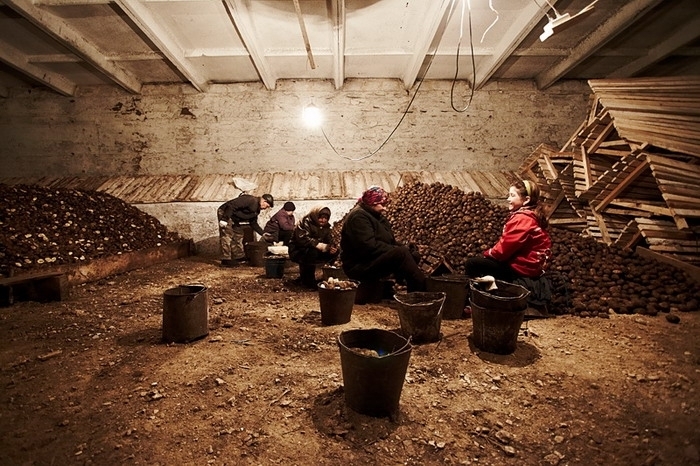
Citizens of Sarsy village are cleaning the potatoes which remained after the planting.
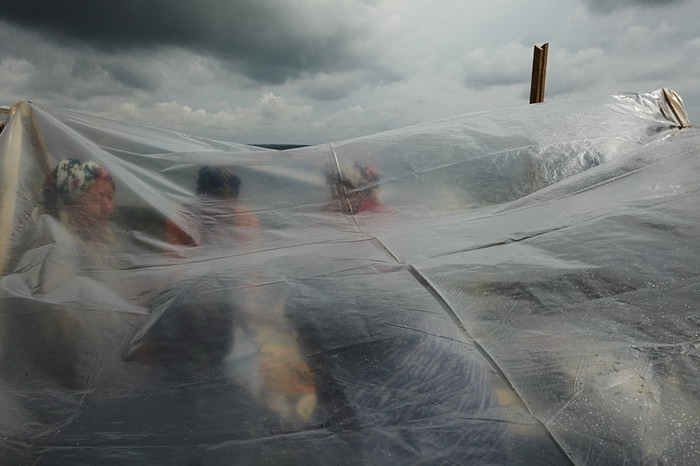
One of the main incentives for farm
workers is the fall distribution of potatoes and grains. Their amount
depends on how well a person worked during the season.
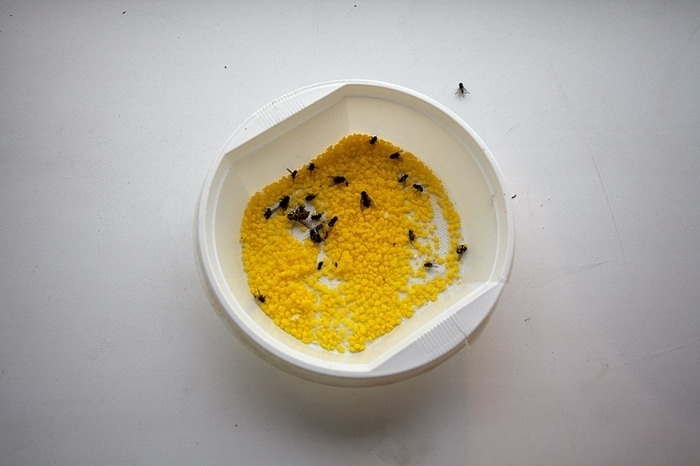
Artimeikovo village has 52 houses. It
used to be rich: there were a farm, a school, a lot of agricultural
equipment there but today it is slowly dying. The average age of the
villagers is 60 years old. Men try to turn a penny in neighbouring
bigger villages or cities, women keep houses and do needlework (some of
them make and sell national costumes), children go to school two
kilometres away to the neighbouring village.
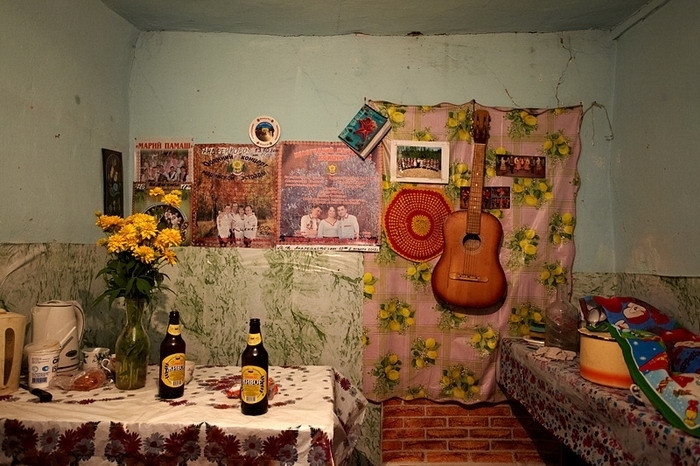
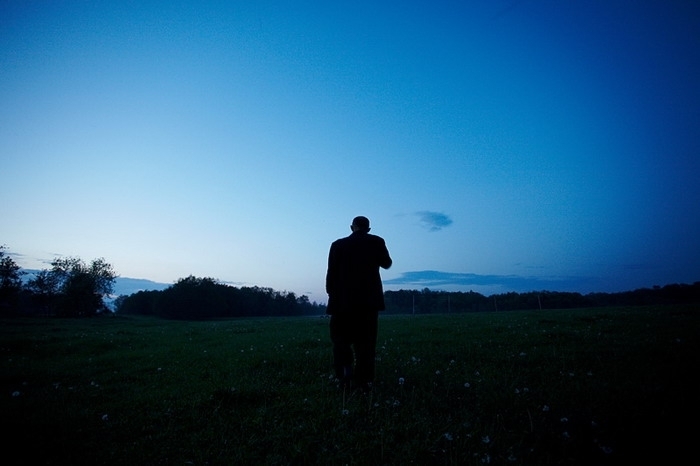
Their hope is local farmers who are
trying to improve the agriculture abandoned after the perestroika. If
they succeed they will have jobs, people will cultivate the land, the
culture and traditions will get a chance to survive.
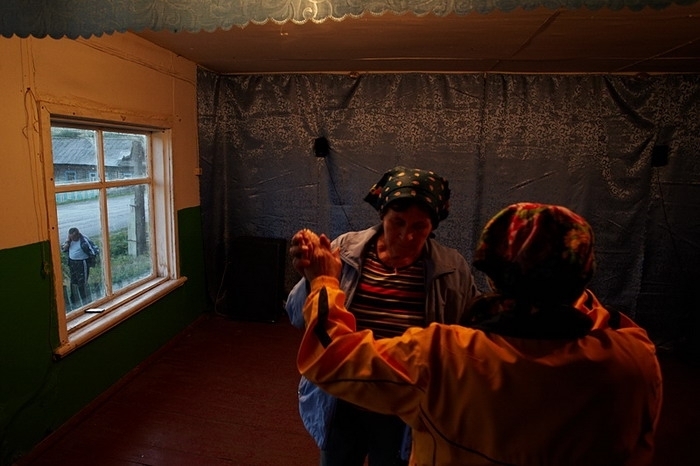
The vllagers say that after the
perestroika their village almost died, people got angry and didn’t meet
even to celebrate New Year. Twenty years later something starts to be
reviving.
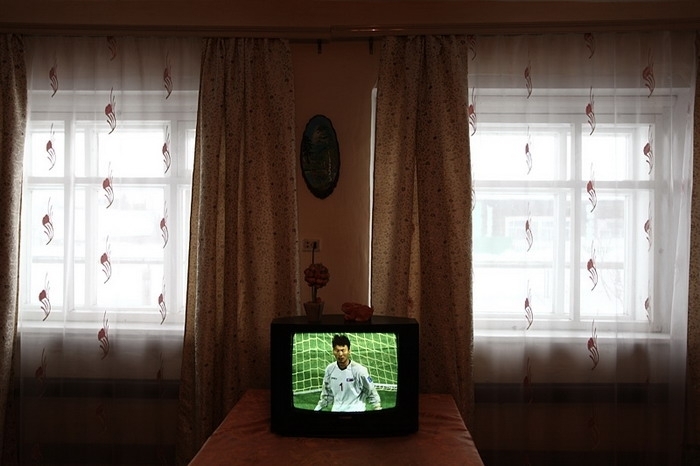
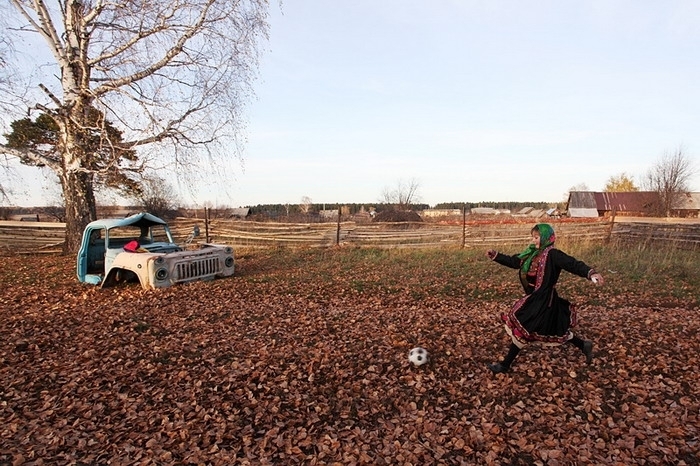
Today the situation in the village is
rather difficult, they lack jobs and the school is about to close
because it has no enough pupils.
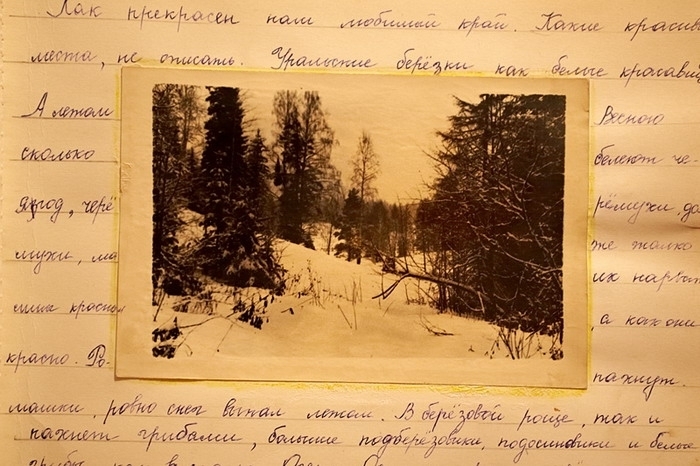
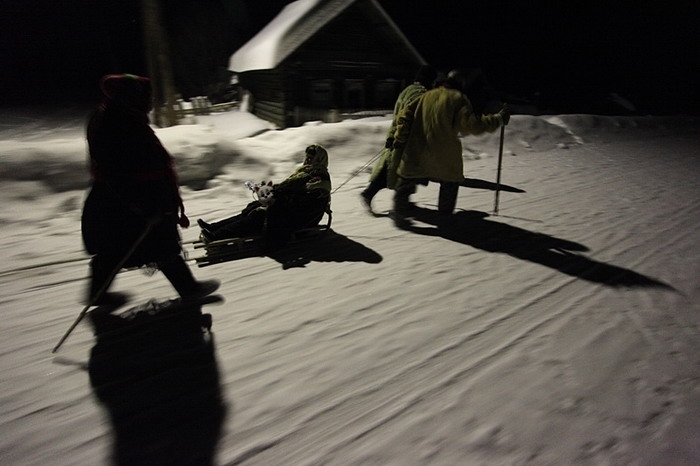
People are celebrating Christmas carol.
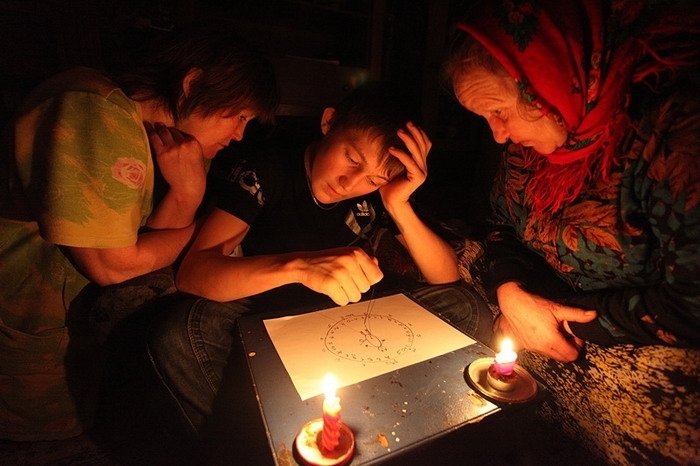
It’s the time for divination.
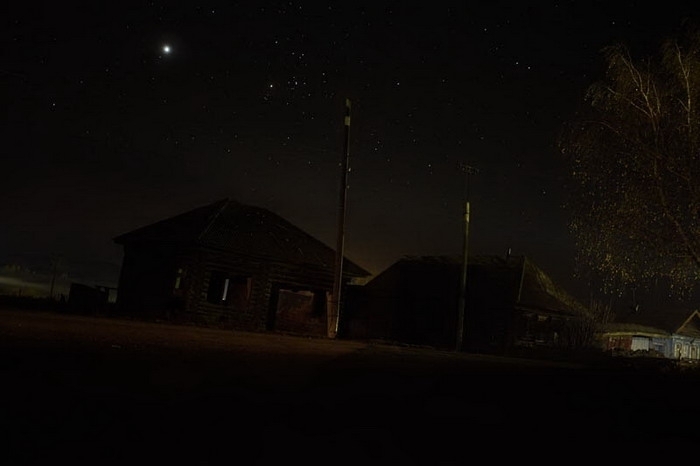
It’s the village Mari Karshi.
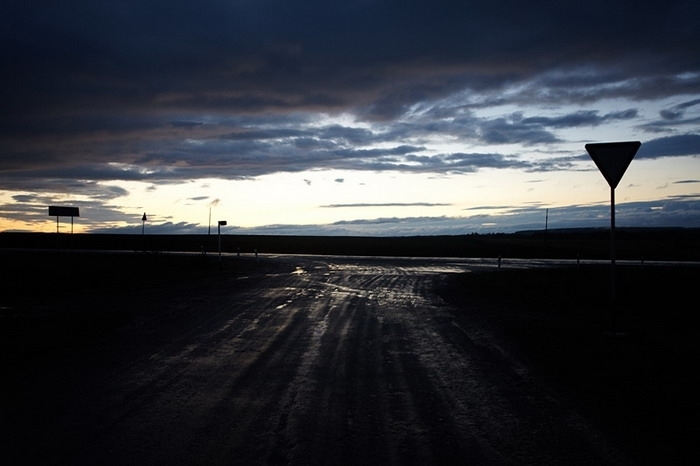
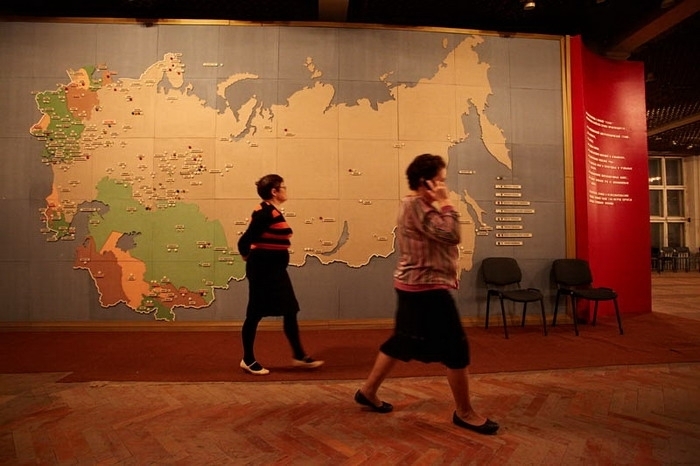
The women are going to rehearse their
dancing perfomance to the only place in Yekaterinburg where the Mari can
meet and communicate.

The Ural Mari are trying to open a new
page in their history, to go back to basics while young people keep
moving to big cities. It’s hard to predict what these processes will
lead to.
Source ; www.englishrussia.com
Aucun commentaire:
Enregistrer un commentaire